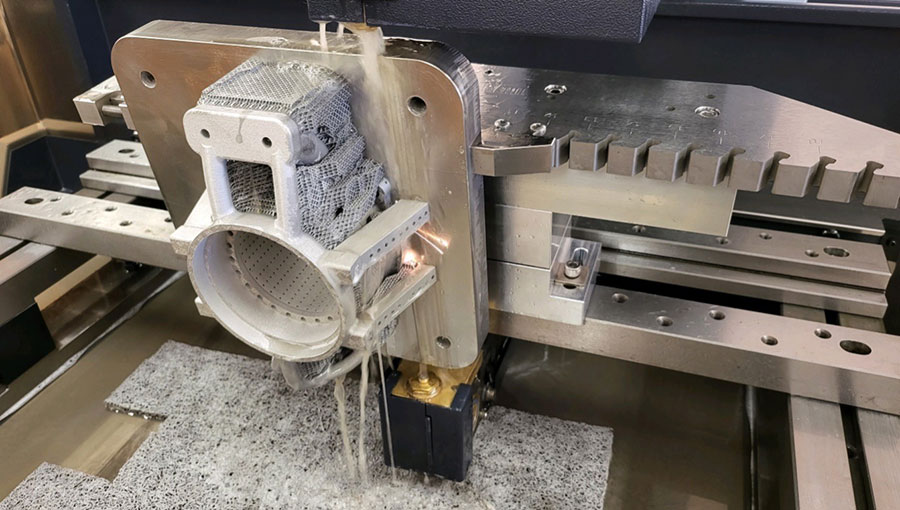When you want to jazz up your ride, a performance exhaust system can make it sound like a wild animal on the loose. But here’s the big question: Does putting on a fancy exhaust make your car use more gas, or is it just a cool way to make people look at you at the stoplight?
Fuel Myth?
The idea that a speed exhaust system will make your car use more gas is the elephant in the room that needs to be addressed. A lot of people swear by it, saying that their gas economy dropped dramatically after putting in a throaty exhaust. But don’t get too excited—it’s not that easy.
When it comes to cars, myths spread like a convertible on the road. There is a common opinion that an exhaust system is the fuel economy Grim Reaper, ready to eat your money at the gas pump. Let’s bust this myth and figure out what’s true and what’s not.
Power vs. Efficiency
Yes, a performance exhaust can boost your car’s horsepower and give it extra power on the highway. But does it have a bad side that hides in the shadows of using too much gas?
Think of your car as a wild horse that is ready to run down the highway. The speed exhaust acts like a whip, pushing the horse to run faster and roar louder. However, great power comes with great duty. You should not drink fuel like it’s water in the desert.
Horsepower
It’s true that a speed exhaust is like a rock show for your car. It’s all about the roar that says, “Hey world, I’m here!” made up of many sounds. But does this fast-paced music mean that you have to drink more gas than your grandmother drinks tea?
Sound Impact
The sweet music of horsepower is enticing. You can hear it, and it’s proof that your car is more than just a machine—it has a mind. But as any artist will tell you, it’s important to find the right mix between rhythm and tune. Similarly, it takes a lot of skill to find the right balance between the sound of a speed exhaust and how well it uses gas.
Loud = Less MPG
That’s right, your car is blasting and sounds like a rock star on stage. You get a rush of excitement and power, but you also wonder if it’s just fuel, like how frat boys drink energy drinks. So, the dance between loudness and miles per gallon is one that should be broken down.
Decibels and miles per gallon dance together, and it can either be a sweet duo or a loud noise. If your car is making a lot of noise, it might want more gas. But if you find the right dance partner, your gas mileage won’t fall over.
Tech Behind Roar
A speed exhaust can improve airflow, which can help your engine breathe like a yoga master does after meditating. In theory, this better breathing could lead to better fuel burning. It’s not all sunshine and flowers, though, just like any other friendship.
Balancing of Fuel Efficiency
Putting in a performance exhaust is like walking a tightrope between getting more horsepower and using more gas. The balance is very fine, and if it tips too far in either way, you might start to doubt your life choices as you watch the gas gauge drop.
You have to be brave to walk a tightrope or decide to update your exhaust system. Lean too much toward horsepower, and you could fall into the pit of wasteful fuel use. If you try to save too much gas, your car might sound like a kitten purring instead of a lion roaring. It’s a dangerous move that needs to be done perfectly.
The Test Drive in the Real World
Scenes from real life tell stories that numbers and charts can’t. Picture yourself driving down Main Street with your engine growling like a wild animal. What does your gas tank do when it gets full? Does it do a victory dance? vyvymangaa
Factors Affecting Fuel Efficiency
- Engine Health Matters
If your engine isn’t tip-top due to worn-out parts or neglect, the perks of upgrading to a performance exhaust might hit a roadblock. Ensure a pro touch, like Just Autos’ Toyota diesel tuning gurus, installs your new system for maximum gains.
- Diagnostics for Power Boost
Let the pros run diagnostics on your engine. We’ll spill the beans on the upgrades an exhaust brings. Plus, we’ll guide you if extra tweaks are needed to hit your performance goals.
- Driving Habits Impact
Fuel economy upgrades ride on how you drive. Diesel engines thrive in smooth
drives, so long-haul journeys might show major mileage improvements. However, heavy towing could put a dent in those gains. Short, traffic-heavy jaunts? They might cancel out the perks of that shiny new exhaust system.



